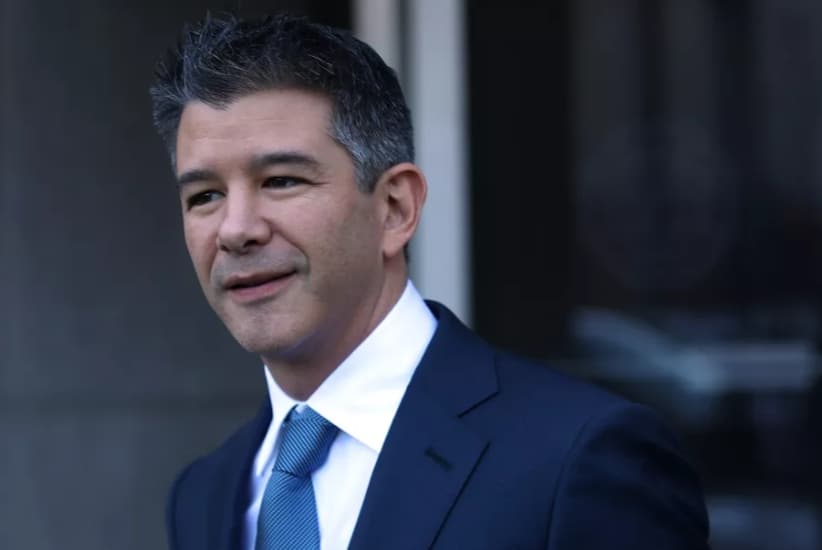
Former Uber CEO Travis Kalanick has found his new job.
The controversial Silicon Valley entrepreneur is joining a startup called City Storage Systems that focuses on repurposing distressed real estate assets like parking lots or abandoned strip malls and turning them into spaces suited for new industries, such as food delivery or online retail.
The company was formerly called CloudKitchens and was led by Diego Berdakin, according to a source, a Los Angeles-based entrepreneur and an early Uber investor. Kalanick will be the new CEO and is investing $150 million into the 15-person startup, a sum that will buy out most of the existing outside investors, the source said.

Kalanick will now have a controlling interest in the holding company.
Another involved investor is Sky Dayton, according to a tweet from the entrepreneur.

Two of its business focuses are on buying and repurposing real estate assets in the food and retail space, according to Kalanick. The company will work with parking and industrial assets and optimize them for new online-focused ventures.
“There are over $10 trillion in these real estate assets that will need to be repurposed for the digital era in the coming years,” he wrote.
The Los Angeles-based limited liability company — a company of the same name was incorporated yesterday in Delaware, according to state records — will acquire those assets and then outfit them for new uses.
The previous company called itself “the ‘Amazon’ of the food delivery world” in posted job listings, “getting food to the consumer hot, fast, and cheap.”
“We provide infrastructure and software that enables food operators to open delivery-only locations with minimal capital expenditure and time,” the company’s website reads.
That mission has some similarities with one of the projects Kalanick was most passionate about — UberEats — which has become a serious business for the company by using its vehicle fleet to deliver meals from restaurants.
Earlier this month, Kalanick announced the launch of his personal investment fund, called 10100. In June 2017, the former Uber CEO stepped down from his post at the ride-hail company under pressure from major company shareholders.
